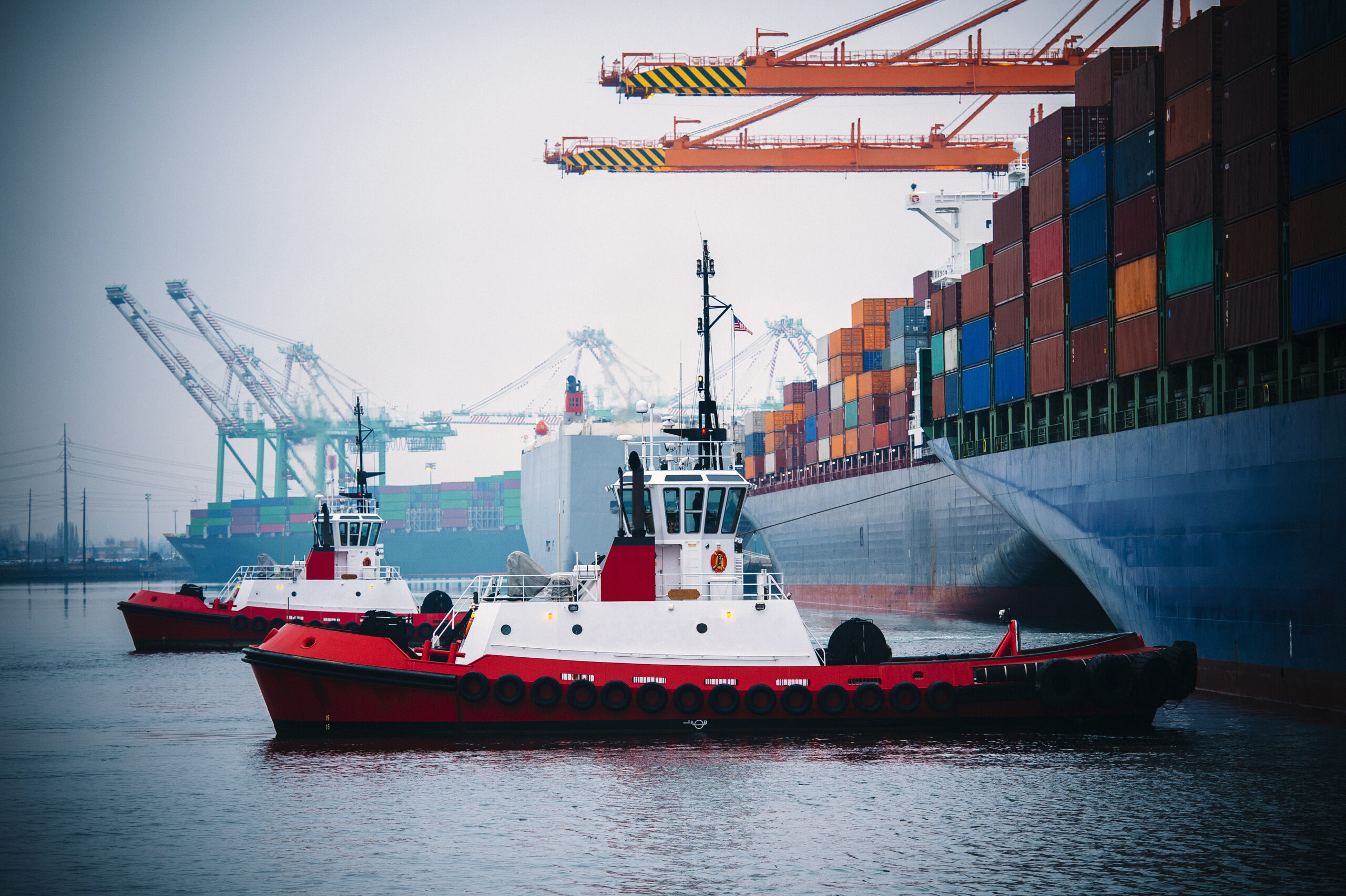How is Houston’s Shipping Industry Affected by Maritime Criminal Activities?
The interplay between Houston’s shipping industry and maritime criminal activities is multifaceted, involving a complex network of economic, security, and legal considerations. With its significant port facilities, Houston plays a crucial role in global trade and the U.S. economy. Port Houston operates the eight public facilities along the 52-mile Houston Ship Channel, which is a vital component of the region’s economic infrastructure, driving opportunities in freight mobility, environmental stewardship, and long-term economic vitality. The port’s strategic importance cannot be overstated, as it handles a significant portion of the nation’s waterborne tonnage and serves as a major gateway for international trade.
Maritime criminal activities, including piracy, hijacking, human trafficking, and smuggling, are serious issues that can have far-reaching implications, impacting not only the immediate victims but also the broader economic and security landscape. Charges of maritime criminal acts are often prosecuted to the full extent of the law, and those accused may face the complicated task of defending themselves from state and/or federal charges.
If you’ve been arrested for a maritime crime in Houston, it’s vital to promptly contact a knowledgeable criminal defense attorney who can advocate for your rights and defend you against these serious charges.
What Maritime Criminal Activities Occur In and Around Houston’s Shipping Industry?
Maritime criminal activities encompass a range of illegal actions that occur within the shipping trade. Ports like Houston are essential hubs for the transfer of goods and people. Unfortunately, these bustling commerce centers can attract individuals who wish to use the shipping network to accomplish illegal activities for personal gain. Due to their specific maritime context, the following crimes may impact local and national security and have the potential for transnational implications.
Drug Trafficking
Maritime drug trafficking involves the transportation of illegal substances through naval routes, using methods such as hiding drugs within other products that are being shipped to another country. Tactics can include concealing drugs in items like concrete blocks, fruits, vehicles, or the insulation of container ships, as well as mixing drugs with liquid products. Despite efforts by local authorities and port security to detect and stop trafficking activities, Houston remains a significant distribution center in the illicit drug trade between Mexico and many other US cities.
Traffickers also utilize the area’s economy to launder proceeds from drug sales.
Human Trafficking
The prevalence of human trafficking in the maritime industry is a major concern, with thousands of people being illegally trafficked across the ocean every year, often facing exploitation and physical abuse. The maritime sector is particularly vulnerable to human trafficking due to the large number of individuals seeking work opportunities, especially those from developing nations.
Unscrupulous individuals may prey upon people desperate to enter the US by offering them passage hidden within cargo on shipping vessels. The conditions for the trafficked individuals during these trips are often extremely unsafe, and severe injuries and deaths are not uncommon. Upon arrival in Houston, some traffickers engage in further criminal acts by forcing the immigrants into modern-day slavery through the sex trade or unpaid labor.
Smuggling
Maritime smuggling refers to illegally transporting goods across borders via oceans, ports, and other waterways. Smuggling can overlap with other crimes, such as drug trafficking and human trafficking, as the illegal cargo often includes contraband substances or immigrants seeking to enter the US. However, smuggling may also include the unlawful importation of exotic animals and plants, banned items, or weapons. Legal items may also be smuggled to avoid customs inspections and fees.
Piracy
Piracy refers to illegal acts of violence, robbery, or detention committed for private ends on the high seas or in places outside the jurisdiction of any state. It can include stealing ships’ cash or stores, kidnapping or hijacking for ransom, and stealing vessels and their cargo. Piracy seriously threatens the safety of cargo, ships, and crews and may result in significant losses to stakeholders. However, the incidence of piracy in US waters is low, and the United States has taken a central role in the prosecution of captured pirates, often imposing harsh sentences, including life imprisonment.
Pollution
The unauthorized release of pollutants into the air or seas poses significant health, safety, and environmental risks and can result in criminal penalties, fines, and prosecutions. It can include unregulated or illegal emissions from manufacturing, discharge of oil or waste from vessels into the sea, and illicit trafficking in chemicals. The Act to Prevent Pollution from Ships (APPS) is a significant legal framework aimed at preventing illegal pollution from ships, and the U.S. is a leading enforcer of the International Convention for the Prevention of Pollution from Ships (MARPOL), which addresses various forms of marine pollution crime.
What Are the Penalties For Maritime Crimes?
Maritime law is a body of laws, conventions, and treaties that govern private maritime business and other nautical matters, including offenses occurring on open water or in ports. The body of law seeks to create a uniform set of national and international rules to govern navigation and shipping. The nature of maritime law and its intersection with state and federal criminal laws can make cases involving maritime crimes exceedingly complex and lengthy.
The exact penalties a defendant could face for a conviction depends highly on the charges, the jurisdiction of the case, and the defendant’s criminal history. While minor crimes may only be punishable by fines, restitution, and/or a short jail sentence, many maritime crimes carry the possibility of long prison sentences and expensive fines.
How Can a Skilled Defense Attorney Assist if You’ve Been Charged With a Maritime Crime?
When authorities uncover criminal activities on a ship, such as drug trafficking or smuggling, they will often detain the entire crew on charges. In many cases, some or all of the crew may have been unaware of the illegal acts. Unfortunately, investigators can take a long time to clear up these issues so you can return to work and your life. Having an experienced defense attorney on your side is crucial for legal support and guidance and ensuring authorities adhere to the laws. If you have been accused of a maritime crime, contact Drehner Law today at 832-626-0063 to schedule a free consultation to learn how we can serve you.


 Call Us Now
Call Us Now









